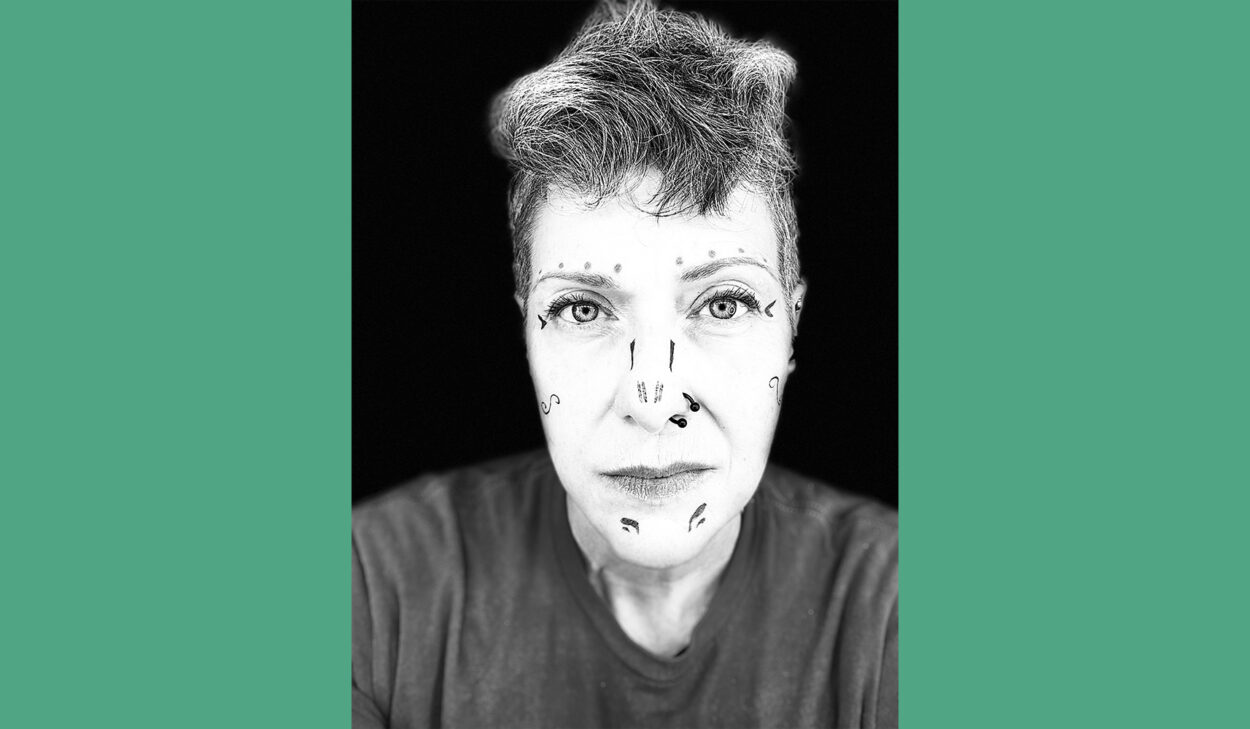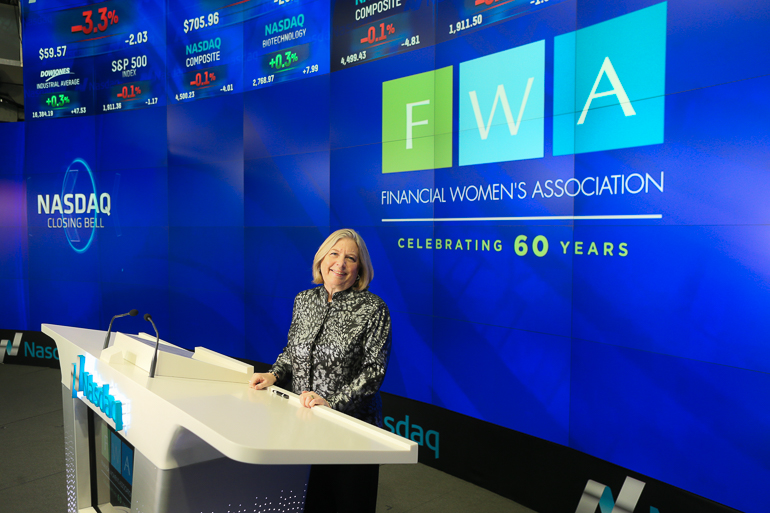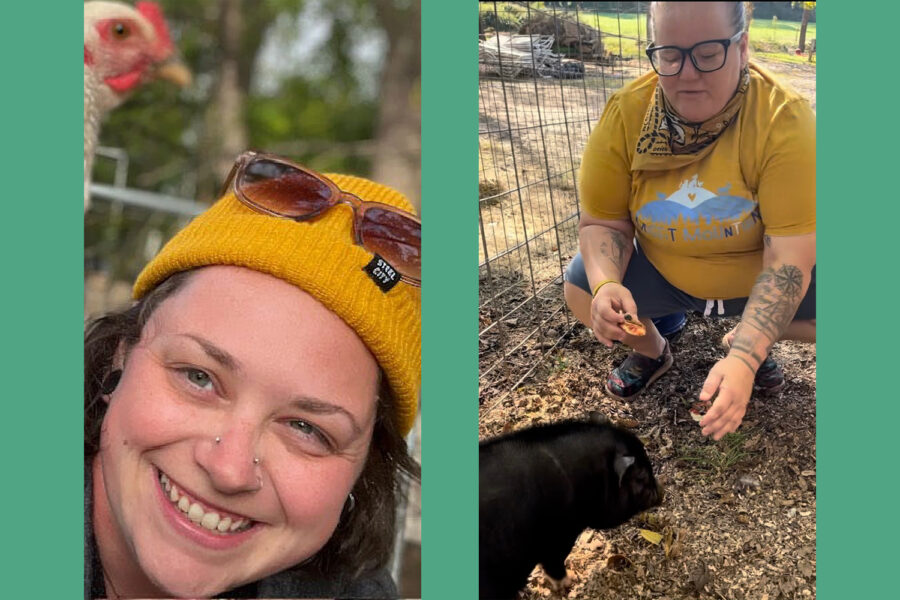What does it mean to nurture literary community? For Li Quintana ’13 (Los Angeles, MFA), it can mean joining with friends from your critique group, your MFA, and your broader community to start an independent press (Zoetic Press) and lit journal (NonBinary Review). It can mean serving on the boards of the Bay Area Book Festival and NaNoWriMo, which organizes National Novel Writing Month. It can mean sponsoring scholarships to their alma mater, the Antioch MFA. But most of all, they say, it’s about finding the people you want to spend time with, working together on cool projects, and getting books published. Quintana is a prolific writer, publisher, and community-builder. They’re also an innovator: among other creations, a decade ago they invented a new kind of ebook for immersive, nonlinear reading and writing (Lithomobilus). In a recent conversation, edited here for clarity and length, I got to talk with Quintana about all of this—and also how childhood as a nonbinary person was “not a utopia,” the way making things can soothe anxiety, and the worst writing advice they’ve ever received.
LISA: For a lot of writers, our love of books starts in childhood. But that might be especially true for queer writers, nonbinary writers, and autistic writers. How did your childhood lead you to who you are today?
LI: I knew from a really, really young age that I was nonbinary. In fantasy play, I would morph back and forth between boy and girl. I embraced mythology because there are lots of creatures in mythology that are neither male nor female. They’re just what they are.
The first trans person that really made it into the public consciousness was [the professional tennis player] Renée Richards, in the ’70s. Renee Richards became a figure of public ridicule, which was terrifying. So I spent so much of my childhood sort of both feeling super othered and trying not to be noticed, because kids pick on the other.
I have read studies that show a high degree of correlation between autism and nonbinary gender identity. I have both of those things. You try to not be noticed as a person with autism, but then again, you can’t help it because you don’t know the rules. A lot of my childhood won’t track with other people’s experiences of childhood. I was in the gifted class, which automatically picked me out as different. I was very bookish, which picked me out as different. There was just no winning. I view childhood as something I survived. Childhood is not a utopia, in my mind. Childhood sucked.
LISA: You have worked at the intersection of tech and creative writing for a long time. Did one lead you into the other?
LI: I was a creative writer first. I’ve been a creative writer since I was a tiny person. I had a story that I wrote when I was five, and it was a blatant rip-off of The Velveteen Rabbit—just a tissue-thin rewriting. And my mother saved it for me and framed it.
Later, because of the way my mind works, I am a good
fit for tech. I tend to be very process-oriented, very methodical, very list-oriented. I feel like writing and tech are sort of two halves of my personality: the wildly unformed, amorphous bit, and then the very ordered, very regulated, very organized bit.
LISA: Speaking of tech and the ways it can intersect with literature, I’m curious about Lithomobilus, your experimental ebook platform that prioritized nonlinear narratives. Were you working on that during your time in the MFA?
LI: The germ of that was during my second-to-last project period. The guy who started [the Antioch MFA’s literary journal] Lunch Ticket, Ray Gaston ’12 (Los Angeles, MFA), his Graduating Student Presentation was all about things that could only happen in print books. There’s a book called Nox, by Anne Carson, which she wrote as an homage to her brother, who had passed away. And the book itself is an artifact that folds out, accordion fashion, and there are physical things stuck to this paper. It’s like this long map going around—her thoughts about him, things about his life, pop-up books, just all kinds of things that are only possible with a physical paper book. In chewing that over, I started thinking about, well, what’s only possible in an electronic format? I started thinking about how that would work. That was the inspiration for Lithomobilus—and how Lithomobilus was going to work was the subject of my own Graduating Student Presentation. I was working on the beginnings of it, and then once I graduated, I could actually devote more of my time and resources to it.
LISA: You really are a vector of community, particularly through the lens of literary citizenship. You run Zoetic Press, which publishes a journal and anthologies and has a podcast. You’ve also been on the board of the Bay Area Book Festival and NaNoWriMo. And you’ve stayed really connected to Antioch and to the MFA. What motivates you to keep giving back to the literary world?
LI: Antioch was such a tight-knit community. Because of that, I had all my friends at Antioch, and of course I want good things for my friends. So it makes sense to do things to keep my friends together as a group, to help them out when I can. Being able to continue to build that community. One of the things after I left Antioch that I really, really missed was those hallway conversations where somebody talks about a book that they’re super excited that they’ve just read, or somebody talks about whatever their graduate presentation is going to be about—those really rich conversations where people are intellectually on fire and excited. Those are addictive. So I wanted to continue to be in a place where I would be around people who are actively engaged in creativity and actively engaged in intellectual curiosity. And those people naturally want to hang out together. As a result, the communities that I’ve facilitated—people are working together on cool projects and getting books published together. That wouldn’t have happened if they hadn’t been there, hanging around the same publication at the same time.
And one more thing I want to say: in my experience, people who are makers, people who create anything, whether it’s a physical product, or stories, or whatever, tend to—and again, this is just my anecdotal experience—tend to express less anxiety about the future in general than people who are merely consumers. Because when you’re only a consumer, first of all, if you’re only consuming news, that can be very depressing. But also, there’s this sense in the world that there’s a limited amount of whatever it is you’re afraid of losing. Whereas when you make, you know that there’s an unlimited amount.
LISA: Is there a question that you’ve ever wanted to be asked but haven’t?
LI: Let me see. For Zoetic Press, we have a written interview, and I came up with various questions. They’re usually questions that I don’t hear elsewhere. So I’m going to name some of the questions from our interview, and you tell me which one you want me to answer. One of them is: ‘What is the single best sentence you’ve ever read?’ One of them is: ‘If you had unlimited time and money, what hobby would you pursue?’ One of them is: ‘What was the very first thing you ever created and how was it received?’ One of them is: ‘What piece of writing advice have you been given repeatedly, but was ultimately not useful to you?’
LISA: Can we go with the last one?
LI: The piece of advice that I have gotten repeatedly that is of no use to me is all the people who say, ‘You have to write every day and get up at like five in the morning.’ I don’t want to know that five o’clock comes twice in a day. That’s just f***ed up. I’m lucky when I can get up at six. That’s the absolute earliest I’m physically capable of getting up. And my life—partly because of my neurodivergence—I’m incapable of having a regular schedule. That’s just not a thing.
Joyce Carol Oates did a masterclass, and her advice I thought was genius: give yourself a tiny, tiny time limit—six minutes—and write as much as you can in that six minutes. If you’re sitting down for three hours and say, ‘I’m going to sit my ass in this chair for three hours,’ it is really easy to do nothing for three hours. Whereas if all you’ve got is six minutes, you are going to use every single one of those 360 seconds to the fullest. So I believe way more in: take that tiny chunk of time and just use it hard, rather than get up at a horrible time of the morning because you don’t love yourself. You will grow to love yourself even more.





